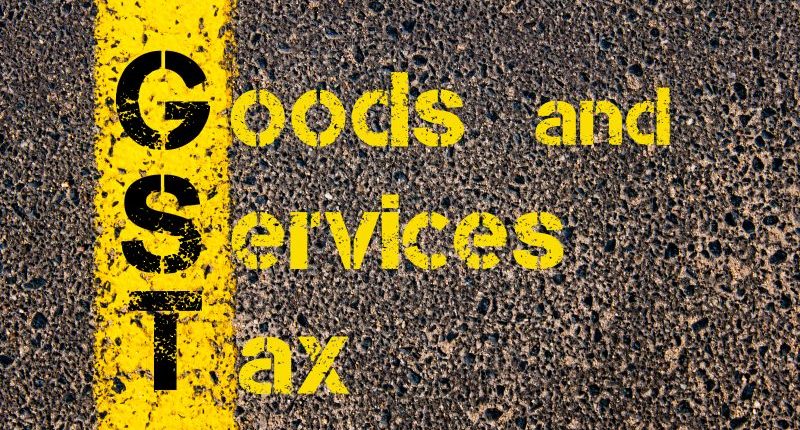The Institute of Chartered Accountants of India (ICAI) has asked the Indian government to reinstate the audit and certification provisions under the Goods and Services Tax (GST). The premier accounting body has opined that removing GST audits by CA or CMA would disrupt compliance.
In July 2021, the CBIC withdrew the compulsory audit of annual returns in Form GSTR-9 for businesses with Rs.2 crore or more as annual turnover. It also requires certification by a chartered accountant or cost accountant. The rule was revised to allow self-certification of a reconciliation statement in Form GSTR-9C for those with Rs.5 crore turnover and more.
The ICAI wrote its suggestions to the Ministry of Finance, Government of India. A leading media house covering the story mentioned that the Ministry had yet to respond to its comments on the publishing date.
Auditor or a CA certifies after reconciling sales and ITC between the annual GST return and the audited annual financial statements. The revised law increases the responsibility of taxpayers to submit complete and accurate details in their annual returns. It was done to encourage voluntary compliance and promote ease of doing business, applicable from FY 20-21 onwards.
The ICAI has suggested the government withdraw the amendments made to the CGST Act through the Finance Act, 2021. The body wants the authority to reinstate the GST audit requirements and chartered accountants’ certification. It considers that such a move will ensure taxpayer compliance and addresses revenue leakages.
The ICAI explained that removing the audit would result in a large-scale compliance disruption. It will increase demand notices, and the taxpayers might be burdened with tax and penalties. The notices could have been avoided if there had been an audit system to check on any lapses in time. Errors would lead to a rise in litigation, inviting departmental audits to identify and rectify mistakes.
The premier accounting body also exclaimed that revenue is recognised differently under the accounting standards than the GST law. The financial statements are made on an ‘accrual system’, whereas the GST law prescribes ‘time of supply’ for deciding the time of tax payment.
An entity prepares the financial statements after considering the applicable accounting standards and their nature. Therefore, a Chartered Accountant must certify the reconciliation statement in Form GSTR-9C. It is because they are experts in both accounting and GST law.
For any clarifications/feedback on the topic, don’t hesitate to get in touch with the writer at annapoorna.m@cleartax.in
Annapoorna, popularly known as Anna, is an aspiring Chartered Accountant with a flair for GST. She spends most of her day Singing hymns to the tune of jee-es-tee! Well, not most of her day, just now and then.





